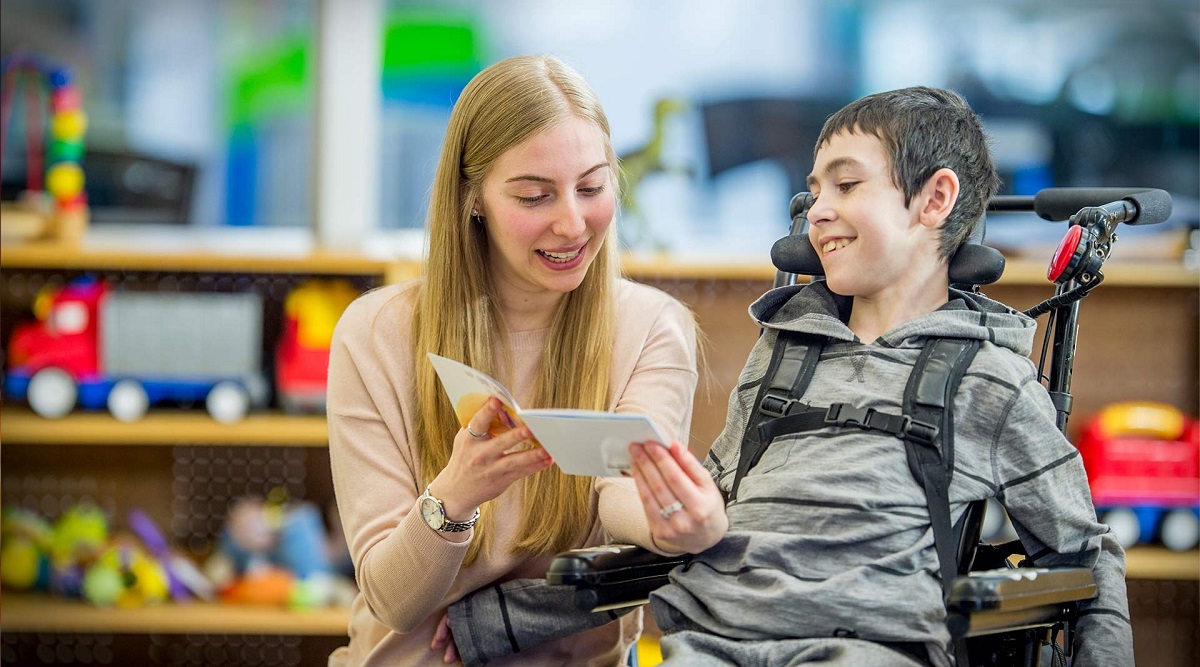

Special education refers to a system of education designed to meet the unique needs of students with disabilities or exceptionalities. It provides tailored instruction, support services, and accommodations to help these students access the curriculum and make progress in their learning.
Special education may encompass a wide range of disabilities and exceptionalities, including but not limited to:
Learning Disabilities: Students with learning disabilities may struggle with reading, writing, math, or other academic skills.
Intellectual Disabilities: Students with intellectual disabilities have limitations in intellectual functioning and adaptive behaviors.
Autism Spectrum Disorder (ASD): Students with ASD have difficulties with social interaction, communication, and may exhibit repetitive behaviors.
Emotional and Behavioral Disorders: Students with emotional and behavioral disorders may have challenges with self-regulation, behavior management, and social-emotional skills.
Attention-Deficit/Hyperactivity Disorder (ADHD): Students with ADHD may exhibit inattention, hyperactivity, and impulsivity, which can impact their learning and behavior.
Sensory Impairments: Students with visual or hearing impairments may require specialized support to access information and participate in the learning environment.

With access to





